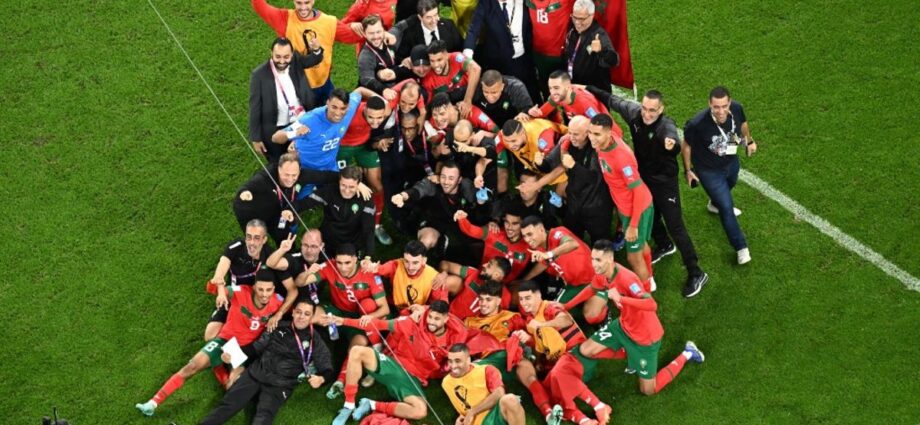In a recent casual dinner conversation with one of my new West Saharan acquaintances in Dar es Salaam, I jokingly quizzed him on whether or not he would be on the side of Morocco’s football national team, supporting them in their Fifa World Cup semifinal against France. His response to my question was instinctively and characteristically one of unequivocal rebuke. That he will never, at any one point, support Morocco on anything until such time when Morocco unconditionally grants independence to his dear country, also known as Sahrawi.
After taking time to visit social media platforms on Sahrawians’ responses to Morocco’s qualification for the 2022 Fifa World Cup semifinals in Qatar, I immediately realised that his answer did apparently mirror a majority of his people’s sentiments elsewhere. Football is a very sentimental game that arouses deep-seated senses and passions of nationalism, or even racism. On a positive note, though, it could also prove to be a powerful tool for and symbol of peace and reconciliation if purposefully used to that end.
However, for those who have a clear understanding of the colonial history of Moroccan occupation of Sahrawi, they will certainly appreciate the Sahrawians’ position on Morocco’s success at the Fifa World Cup in Qatar. There is absolutely no denying that Morocco’s occupation of Sahrawi is indeed an illegal occupation that must be consistently resisted and protested by and through all means necessary, especially among all those who stand for freedom, peace, self-determination and democracy.
Morocco’s colonial occupation of Sahrawi is consequently no different from other colonial occupations elsewhere. The only interesting difference is that this colonial occupation is an occupation of one Arab-African nation by another Arab-African nation. We have been there before in Africa when the former minority apartheid government of South Africa orchestrated and fomented a programme of hate and domination against the majority South Africans, while continuing to sustain their repressive colonial occupation of Namibia in total contempt of international condemnation.
Morocco has claimed authority over Western Sahara since 1975 after the Spanish colonial power left, but the United Nations (UN) does not recognise Moroccan control, calling Western Sahara a “non-self-governing territory”. Morocco controls the most populous area along the Atlantic coastline, more than three-quarters of the territory.
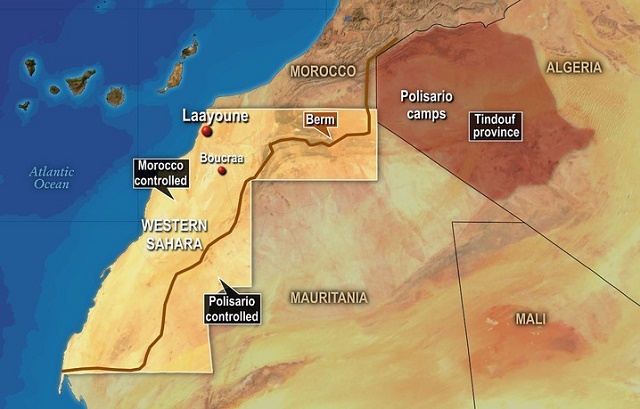
Some of Morocco’s justifications in favour of its continued colonial occupation of Sahrawi are made in reference to some of the previous treaties it signed with Spain, Great Britain and the United States that indicated its sovereignty over Western Sahara. These justifications were rendered null and void by the International court for Justice. Morocco’s claims have absolutely no legal basis whatsoever.
While the UN-brokered a ceasefire in 1991, a long-promised referendum on the territory’s status has yet to be held. The Moroccan-controlled area, which Rabat calls its “southern provinces,” is represented in the Moroccan parliament. However, civil liberties are severely restricted, particularly as they relate to independence activism.
Another recent key setback in the Sahrawian people’s struggle for self-determination was the US government’s December 2020 hypocritical recognition of Morocco’s sovereignty over Sahrawi. Hypocritical because it is very much in sharp contrast with the current US government’s denunciation of Russia’s invasion and occupation of some large swaths of Ukrainian eastern territories, referring to it as a blatant violation of international law and territorial integrity of an independent state.
On another note, while Fifa and other global sporting bodies were so quick to denounce and ban Russia from participating in international sporting events for invading and occupying Ukraine, they do not see it fitting enough to do the same against Morocco, whose colonial occupation of Sahrawi is clearly in violation of a rules-based international order.
I commend the AU and a number of other UN members, including Tanzania, for their continued support to the Sahrawian people’s struggle and quest for independence and self-determination. Let Morocco’s unheralded and yet deserved success in this year’s Fifa World Cup in Qatar serve as a stark reminder to the world that the country is still the only remaining colonial power in Africa in obvious violation of the UN charter on territorial integrity and self-determination.
Share this news
This Year’s Most Read News Stories
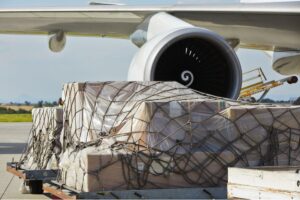
Zanzibar airport monopoly puts 600 jobs at risk
On September 14, 2022, the director general of ZAA issued a directive that gave Dnata Zanzibar Aviation Services Limited an exclusive access to the newly constructed Terminal III, barring other operators.Continue Reading
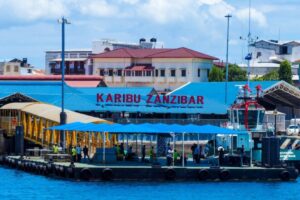
Zanzibar introduces $44 insurance fee for visitors
Visitors travelling to Zanzibar will now have to pay an insurance fee of $44 (about Sh118,360) with effect from September 1.Continue Reading
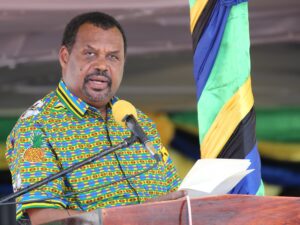
ZSSF money not for projects, says Ali Karume
Unguja. Veteran politician and diplomat Ali Karume has called on authorities of the Zanzibar Revolutionary Government (SMZ) to refrain from using the Zanzibar Social Security Fund money for establishing commercial projects.Continue Reading

